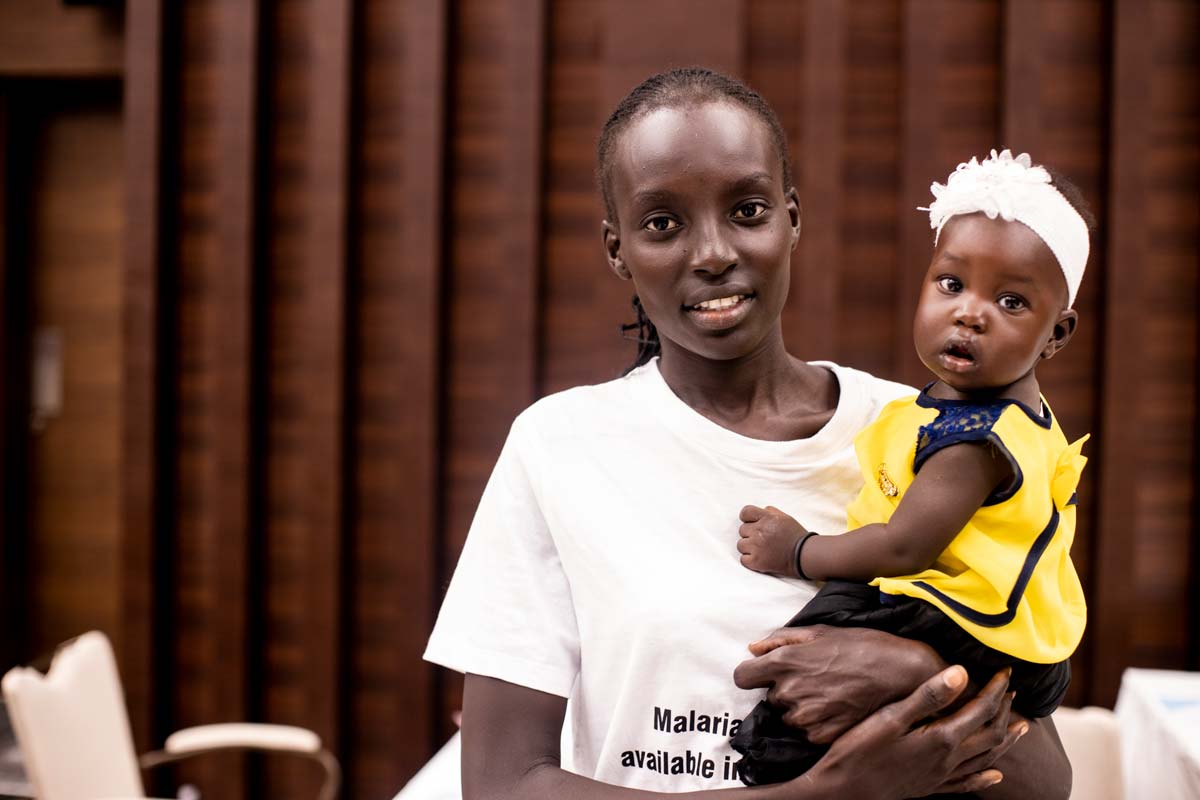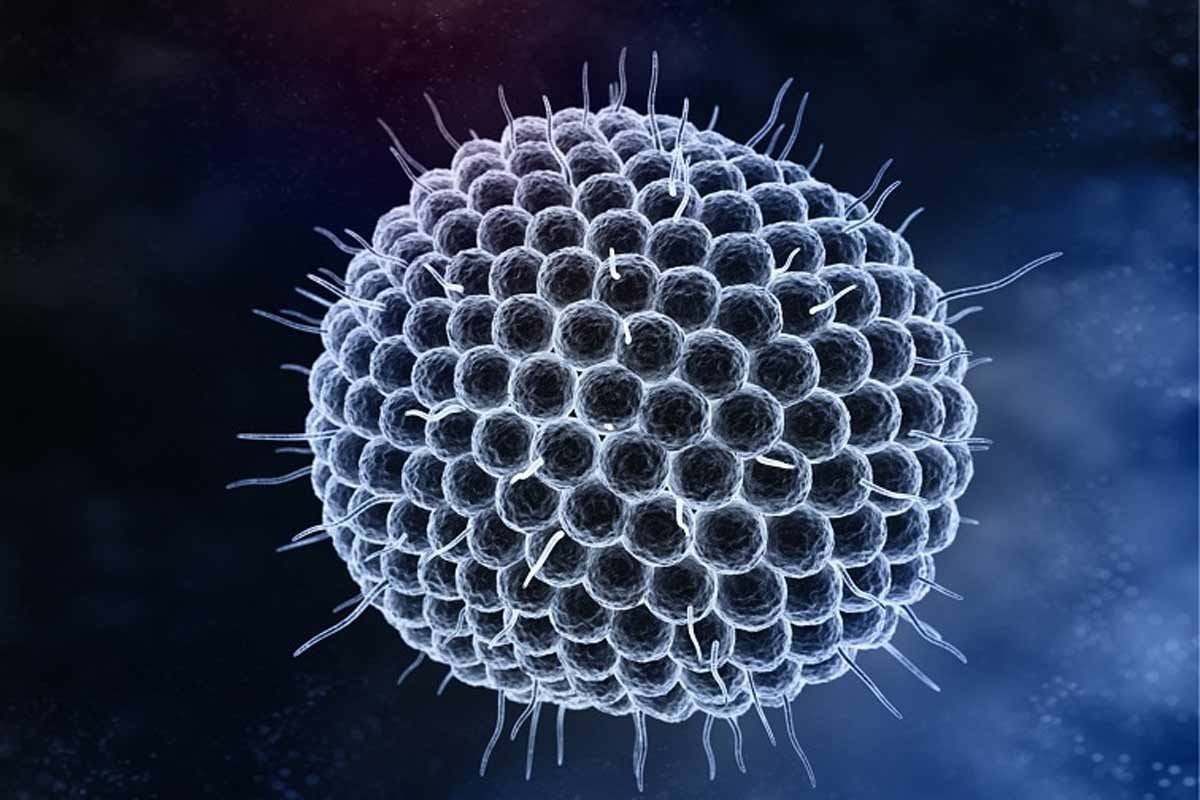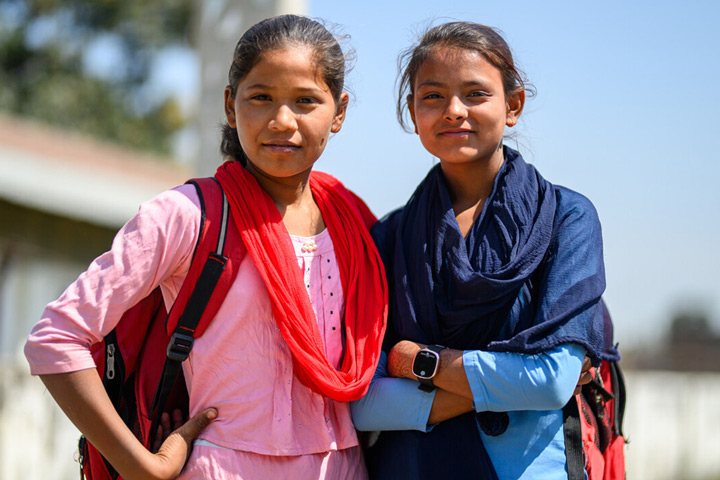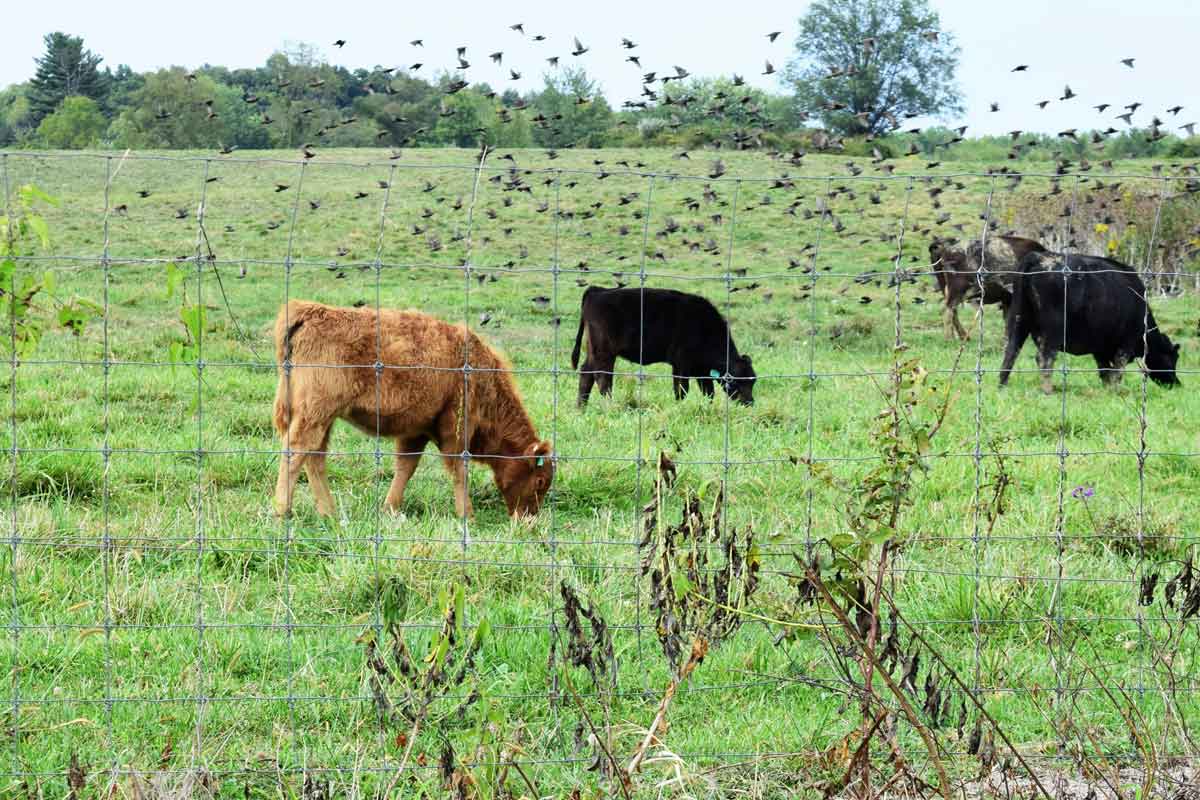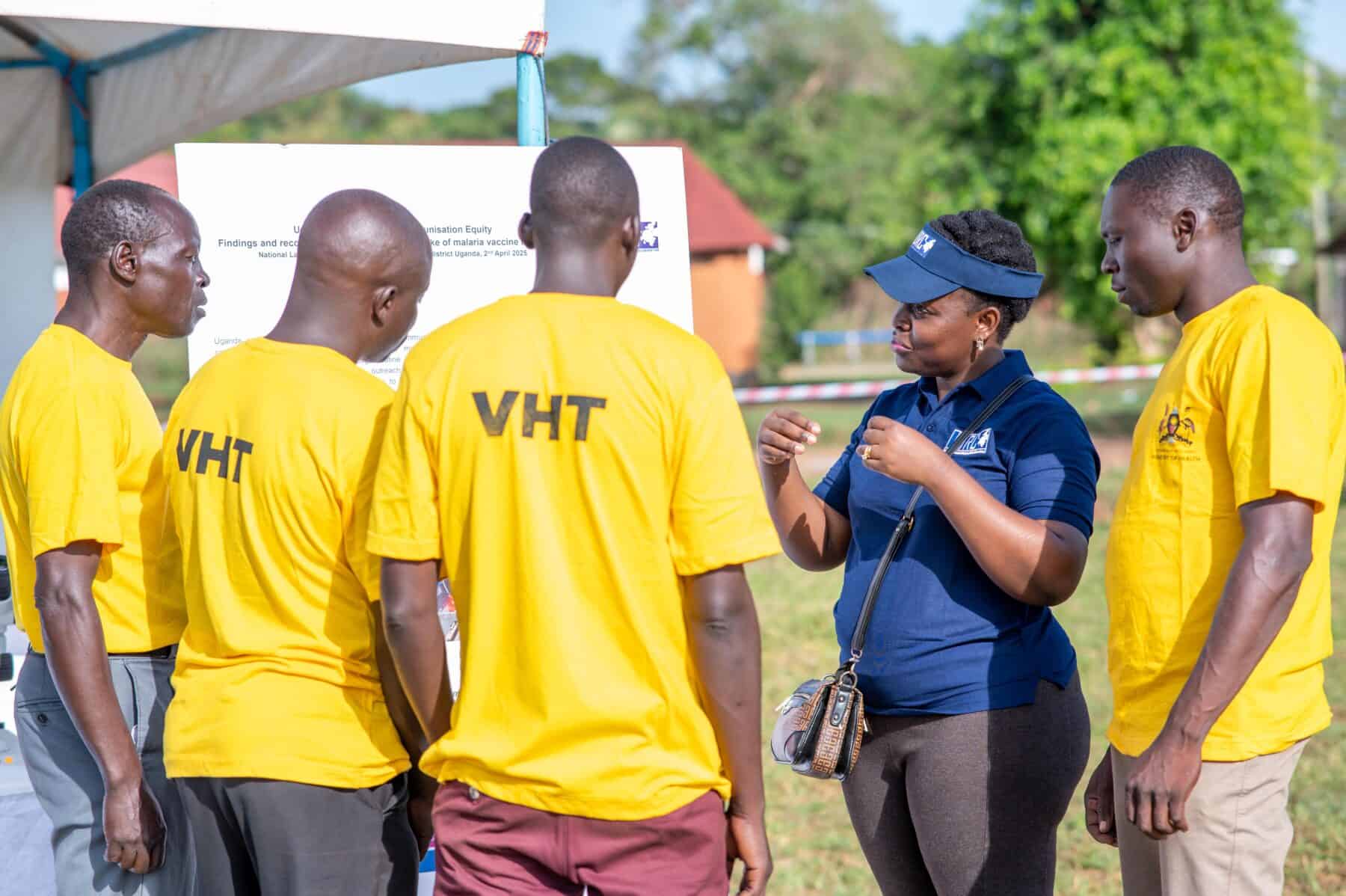The Oxford-AstraZeneca COVID-19 vaccine could stop transmission of the virus
Several COVID-19 vaccines may have now demonstrated their ability to prevent disease, but it was still not clear whether any could stop the virus being passed on. Now however a preliminary study suggests that some might also be able to reduce transmission.
- 4 February 2021
- 2 min read
- by Priya Joi
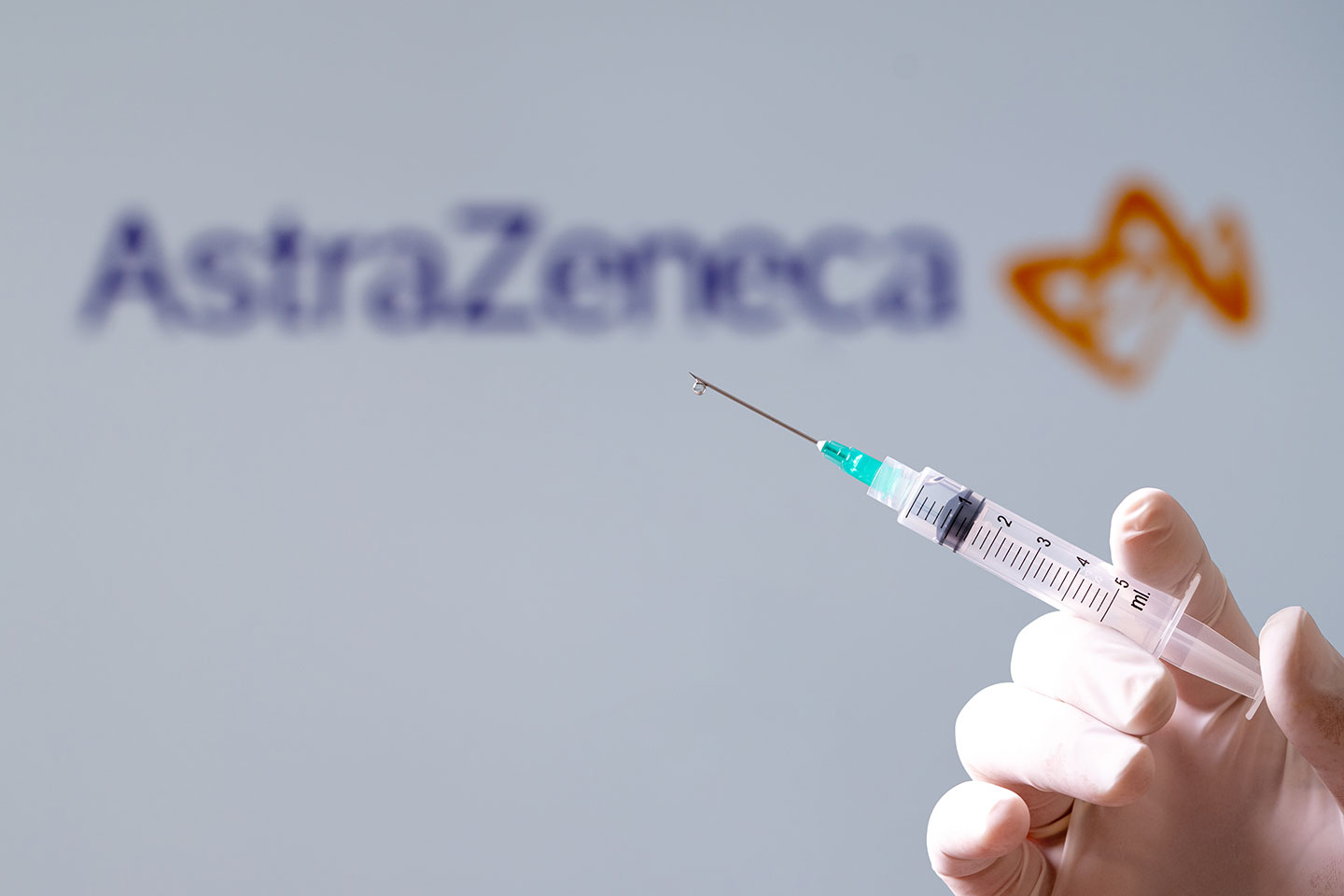
What is the research about?
The Oxford-AstraZeneca vaccine could slow the transmission of the virus, according to new research. Not all vaccines can stop transmission as well as prevent disease, and this was a big question for COVID-19 vaccines.
What did the researchers do?
The study team looked at data from clinical trials in Brazil, South Africa and the UK. After the second dose of the vaccine had been given, researchers at the University of Oxford swabbed participants every week to detect the virus – if there is no virus, they can’t pass it on to anyone else. They also looked at how well people avoided disease after their first dose.
The Oxford-AstraZeneca vaccine is a viral vector vaccine. For more on how these types of vaccines work, read our explainer.
What did they find?
They saw a 67% reduction in COVID-19-positive swabs in those vaccinated, and found that just one dose of the vaccine was 76% effective at preventing COVID-19. They also found that the timing of the second dose is important, implying that rushing the second vaccine is not actually beneficial. The antibody responses were more than twice as high when the second dose was given after an interval of 12 or more weeks, compared with an interval of less than 6 weeks.
What does this mean?
The researchers stress that their findings are preliminary evidence and that the paper is a preprint which has not yet been peer-reviewed. Moreover, the findings for one vaccine can’t necessarily be generalised to the Pfizer-BioNTech and Moderna vaccines, or others. Some immunologists have cautioned that until the data has been analysed further, this does not mean that people who have had one or two doses of the Oxford-AstraZeneca vaccine should lower their guard in terms of physical distancing, wearing masks or hand hygiene. Nevertheless, the findings are promising and may allow us to get closer to ending the pandemic, because ideally we need vaccines that can both protect people from disease as well as stop transmission.
